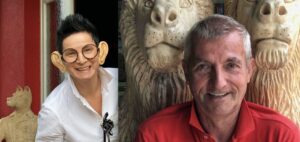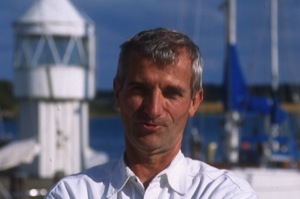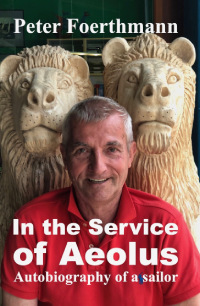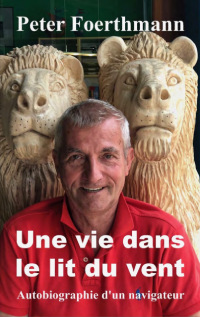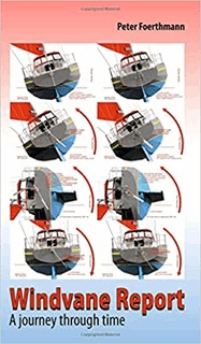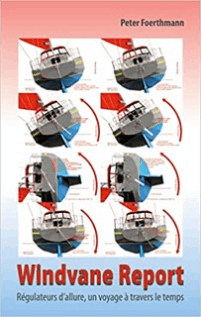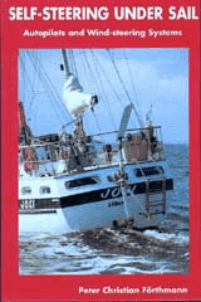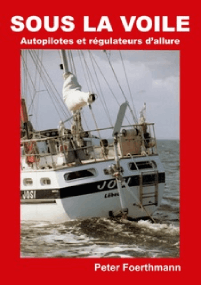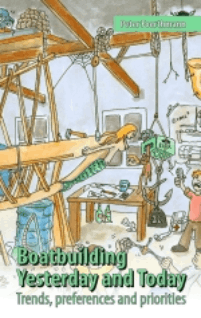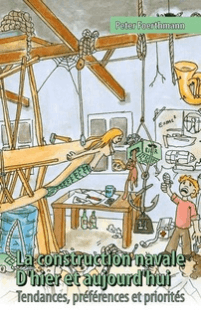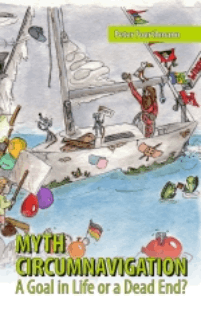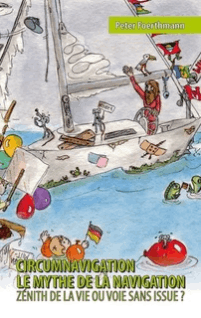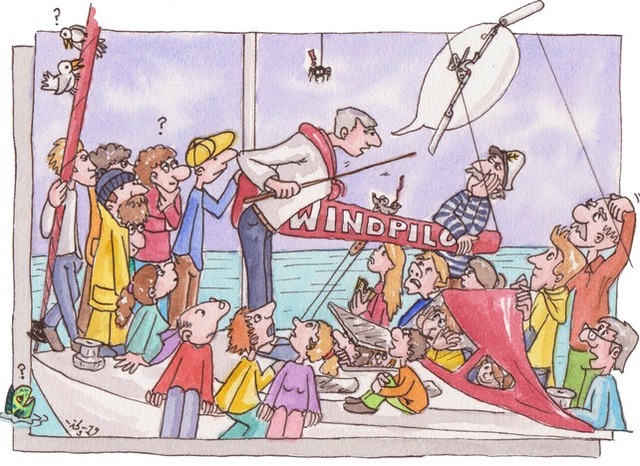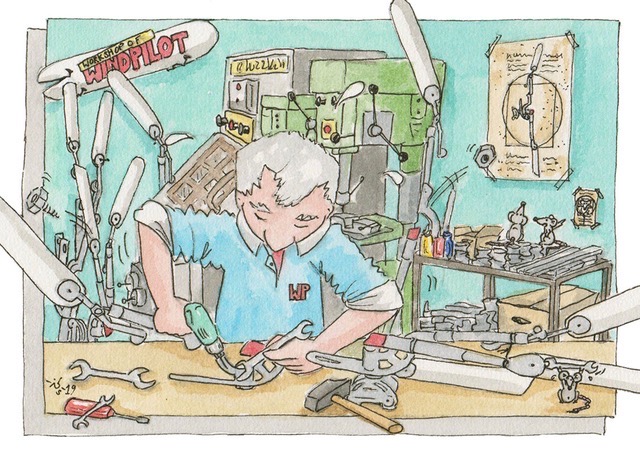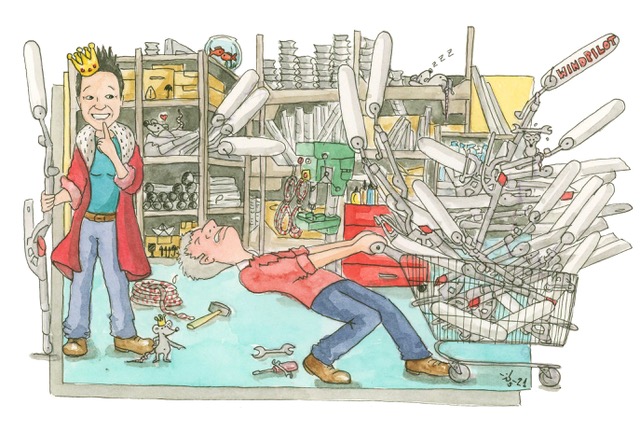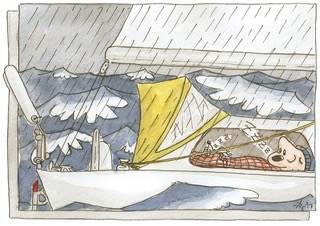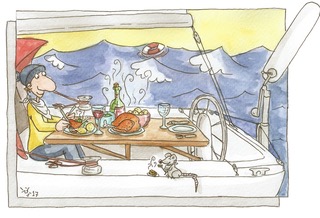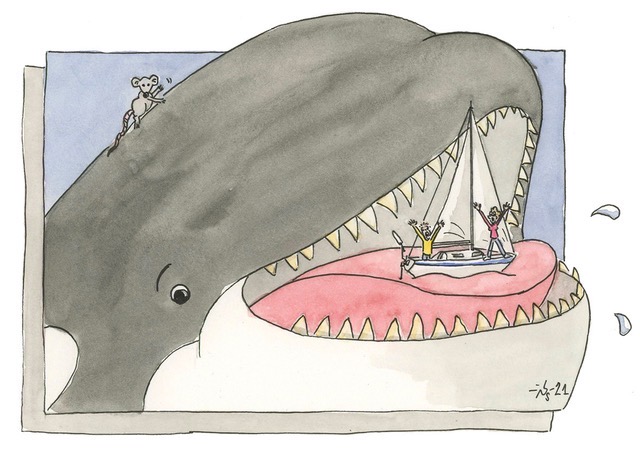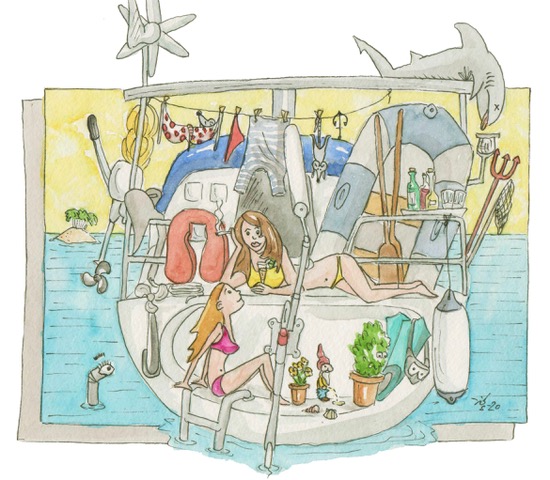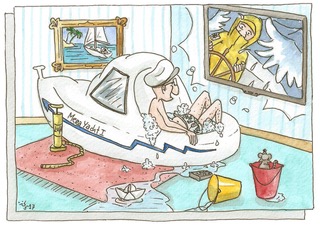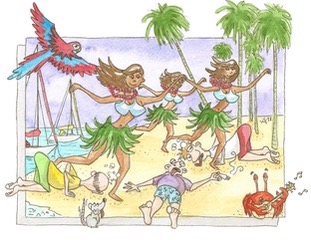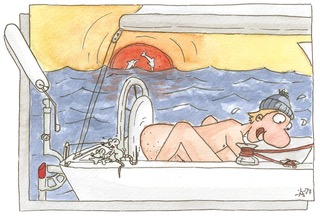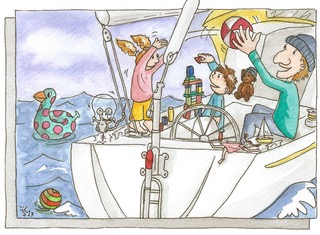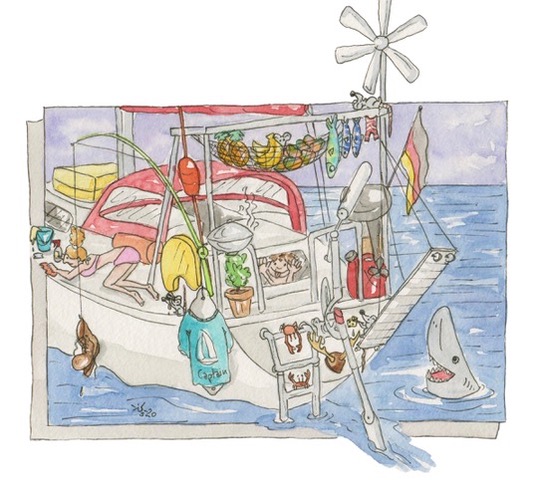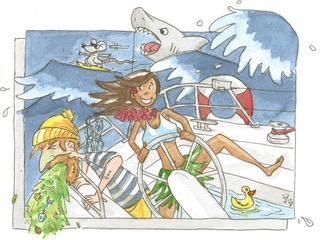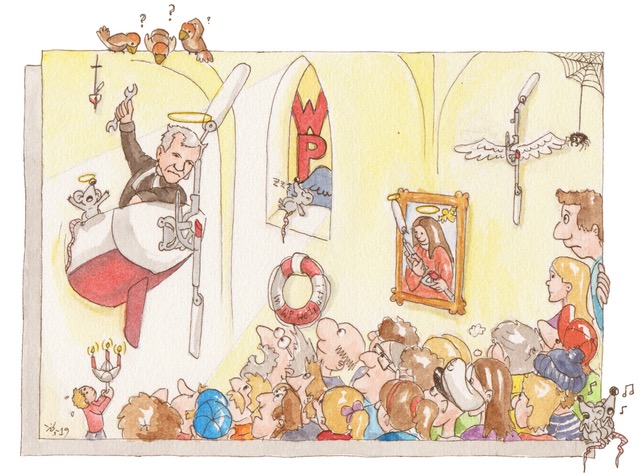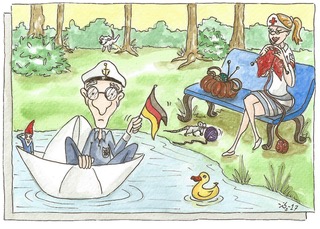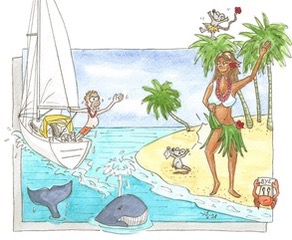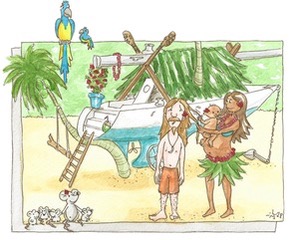FROM TRAIN DRIVER OR SHIP’S CAPTAIN TO AN AUNT FROM AMERICA
 Life’s greatest idol is the very first thing we recognise after birth as our face is wiped, we look enquiringly into space and see the joy radiating from mother’s eyes. Logically – and opportunistically – we remain true to the woman who lovingly tends to our needs, supplying food to our top end when we cry out for it and dutifully (if not enthusiastically) disposing of whatever we produce at the other end. Soon enough we excite more jubilation by taking our first steps, at which point we can tentatively start exploring our environment in complete freedom, at least for a while. Then though, we start to develop our personality, in the process inevitably stretching the boundaries set for us. The circus begins – and with it the shredding of nerves (just not ours, not yet at least).
Life’s greatest idol is the very first thing we recognise after birth as our face is wiped, we look enquiringly into space and see the joy radiating from mother’s eyes. Logically – and opportunistically – we remain true to the woman who lovingly tends to our needs, supplying food to our top end when we cry out for it and dutifully (if not enthusiastically) disposing of whatever we produce at the other end. Soon enough we excite more jubilation by taking our first steps, at which point we can tentatively start exploring our environment in complete freedom, at least for a while. Then though, we start to develop our personality, in the process inevitably stretching the boundaries set for us. The circus begins – and with it the shredding of nerves (just not ours, not yet at least).
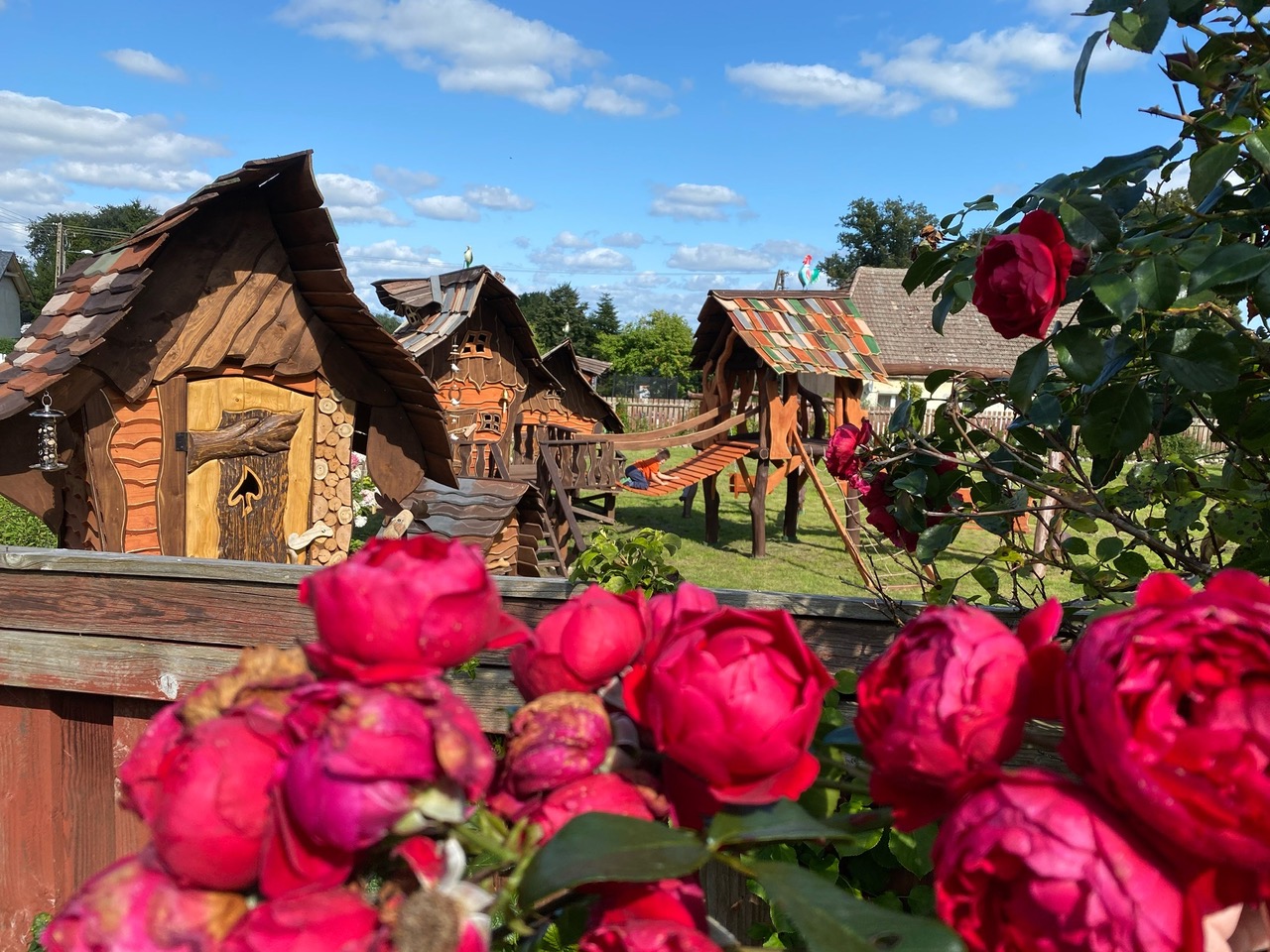 Slightly further along in the piece again, boys (which is all I can speak of with authority) begin to dream of being a train driver or ship’s captain or aeroplane pilot or some other similar role that comes with powerful machinery to control and an impressive uniform – the type of uniform that speaks for itself – to wear while doing so. The importance of making that big impression without needing to speak tends to grow through puberty, a time during which many of us will have felt silence the safest option. The thought of freedom and how to achieve it now dominates our days and we really could not care less about who pays so long as it isn’t us. They chose to have children so they can hardly complain about picking up the bill, right?
Slightly further along in the piece again, boys (which is all I can speak of with authority) begin to dream of being a train driver or ship’s captain or aeroplane pilot or some other similar role that comes with powerful machinery to control and an impressive uniform – the type of uniform that speaks for itself – to wear while doing so. The importance of making that big impression without needing to speak tends to grow through puberty, a time during which many of us will have felt silence the safest option. The thought of freedom and how to achieve it now dominates our days and we really could not care less about who pays so long as it isn’t us. They chose to have children so they can hardly complain about picking up the bill, right?
Such a carefree life obviously has its appeal. Some people are very reluctant to fly the nest even in adulthood, anticipating perhaps the friction involved in finding a new host and home. Their recalcitrance, I suggest, is not to be envied. The risks and side effects are described in detail in the instructions that come with the baby. Which everyone always ignores (because we all know better anyway) and just carries on ducking and weaving through life’s minefield of reproach until further forward movement becomes impossible (at which point enter the therapist and a search for solutions of indefinite length served up in 45-minute portions).
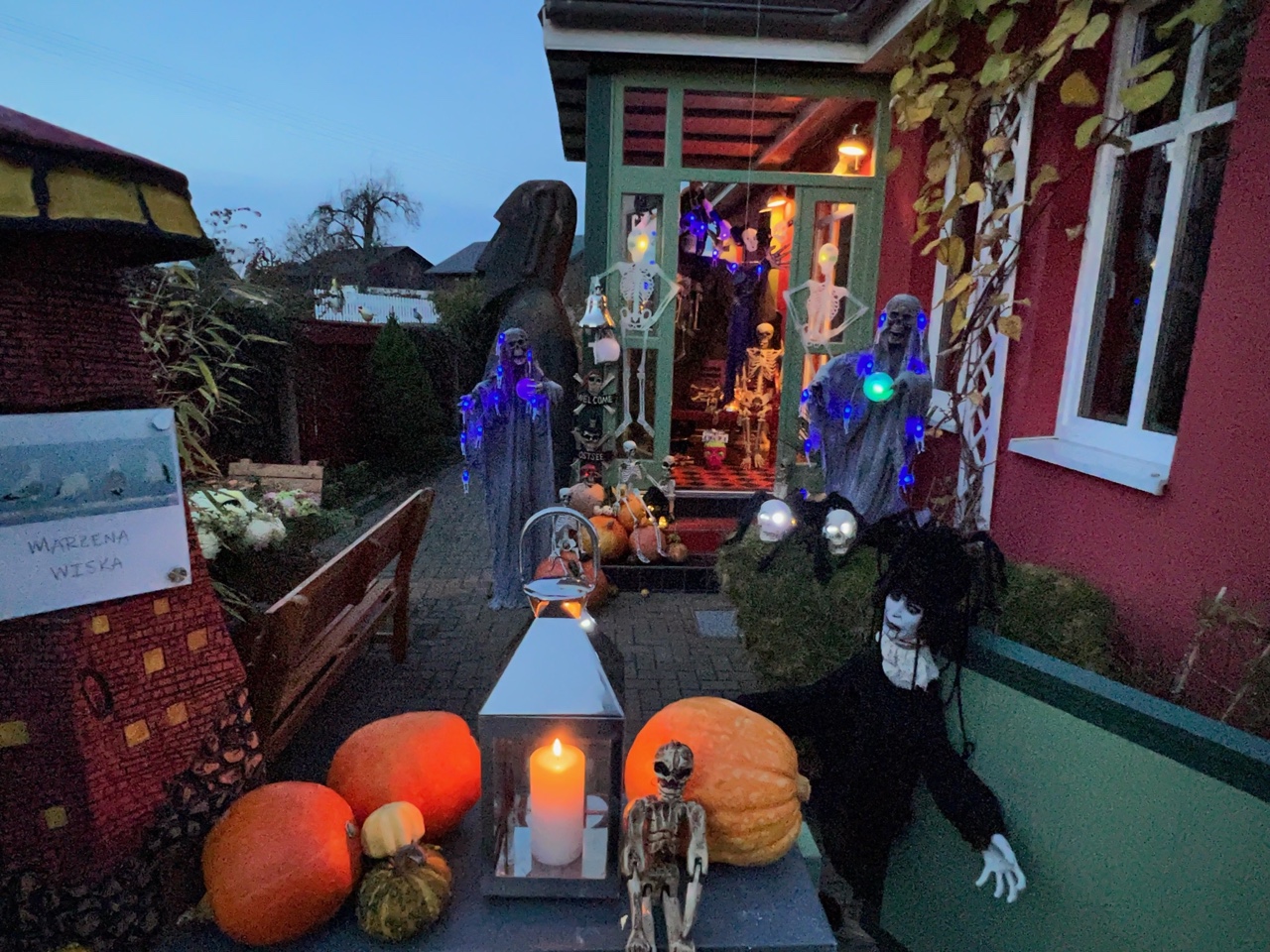 However it happens, the idols of yesteryear are silently displaced as we grow and develop. I had a series of early role models as I moved through the years: HUBERTUS DISTLER placed the violin under my chin and applied the rosin to the bow in his ceaseless pursuit of musical perfection. I borrowed his rolling seaman’s gait straight away, thereafter swaying my way through life like his (rather younger) twin. His wife GISELA DISTLER trained my fingers to tickle the piano keys as instructed by composers from Diabelli to Bach and Beethoven. As time passed, however, I transferred my allegiance to popular Austrian singer Freddy Quinn, whose tales of the life afloat better suited my own dreams as an aspiring seafarer (and that sailor’s walk I had already adopted). I even had my own go at putting the life he sang of into practice – and learned for myself that the far Pacific had many moods besides peaceful. I could never have imagined then that one day I would be riding the Biscay swells on the way to the Seychelles aboard Freddie’s modified WWII navy trawler Libertas! (YACHT magazine no. 1/1981). Despicably, the violin was subsequently swapped for a DKW car – the new model with automatic lubrication, which spared me from having to mix oil into the fuel for the two-stroke engine every time the tank needed filling. Hitting the road with power accelerated the pace of life remarkably and the reclining seats were a boon for a young man in search of adventure. My petrol-head tendency had apparently already reached the incurable stage.
However it happens, the idols of yesteryear are silently displaced as we grow and develop. I had a series of early role models as I moved through the years: HUBERTUS DISTLER placed the violin under my chin and applied the rosin to the bow in his ceaseless pursuit of musical perfection. I borrowed his rolling seaman’s gait straight away, thereafter swaying my way through life like his (rather younger) twin. His wife GISELA DISTLER trained my fingers to tickle the piano keys as instructed by composers from Diabelli to Bach and Beethoven. As time passed, however, I transferred my allegiance to popular Austrian singer Freddy Quinn, whose tales of the life afloat better suited my own dreams as an aspiring seafarer (and that sailor’s walk I had already adopted). I even had my own go at putting the life he sang of into practice – and learned for myself that the far Pacific had many moods besides peaceful. I could never have imagined then that one day I would be riding the Biscay swells on the way to the Seychelles aboard Freddie’s modified WWII navy trawler Libertas! (YACHT magazine no. 1/1981). Despicably, the violin was subsequently swapped for a DKW car – the new model with automatic lubrication, which spared me from having to mix oil into the fuel for the two-stroke engine every time the tank needed filling. Hitting the road with power accelerated the pace of life remarkably and the reclining seats were a boon for a young man in search of adventure. My petrol-head tendency had apparently already reached the incurable stage.
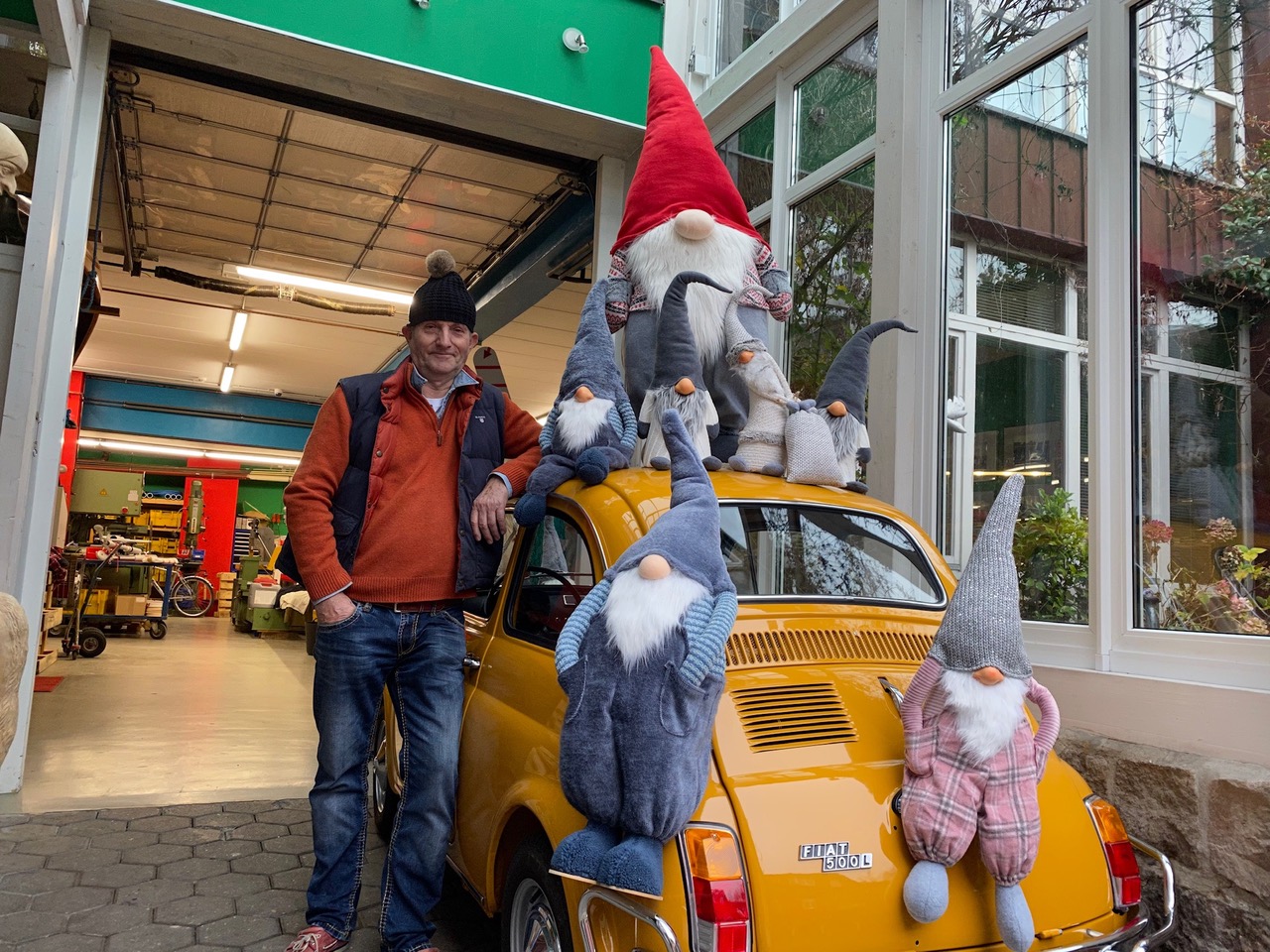 I cannot remember any new idols from the decade after I returned from the sea. The time passed so fast in this period of my life that I perhaps never had a moment to draw breath and think about role models. There were people I admired for sure but, fickle as the young man was, I suspect my favourites changed from week to week! Rather than seeking out idols to admire (or copy), I set about steadily turning my dreams into reality, which proved much more rewarding: now I rode around on my own Vespa instead of just imagining myself in command of one. Dream after dream was quickly realised and yet there were always more to come, stretching out ahead of me into the distance. This, in fact, is a project on which I am still working, although thanks to my age I am slightly more relaxed about it than I used to be (according to my wife at least).
I cannot remember any new idols from the decade after I returned from the sea. The time passed so fast in this period of my life that I perhaps never had a moment to draw breath and think about role models. There were people I admired for sure but, fickle as the young man was, I suspect my favourites changed from week to week! Rather than seeking out idols to admire (or copy), I set about steadily turning my dreams into reality, which proved much more rewarding: now I rode around on my own Vespa instead of just imagining myself in command of one. Dream after dream was quickly realised and yet there were always more to come, stretching out ahead of me into the distance. This, in fact, is a project on which I am still working, although thanks to my age I am slightly more relaxed about it than I used to be (according to my wife at least).
The guiding light was always my mother, my personal hero, who gave me unconditional respect, admiration and encouragement without ever demanding anything in return. She remained the one island of dependability in the shark tank of my life right up to her death in November 1997 just as I had made camp in in Puerto Mogan.
Coincidence? Serendipity? Not all that long after my mother passed I crossed paths with someone who would take me far beyond merely realising my dreams. This person, my alter ego, is now my wife. Some 18 years on, we are still soaring through life together all day every day. Idols are distant, existing as much (or possibly more) in our imagination as in the flesh, but this is real – and truly remarkable (and the reason for my deciding to recount this little story).
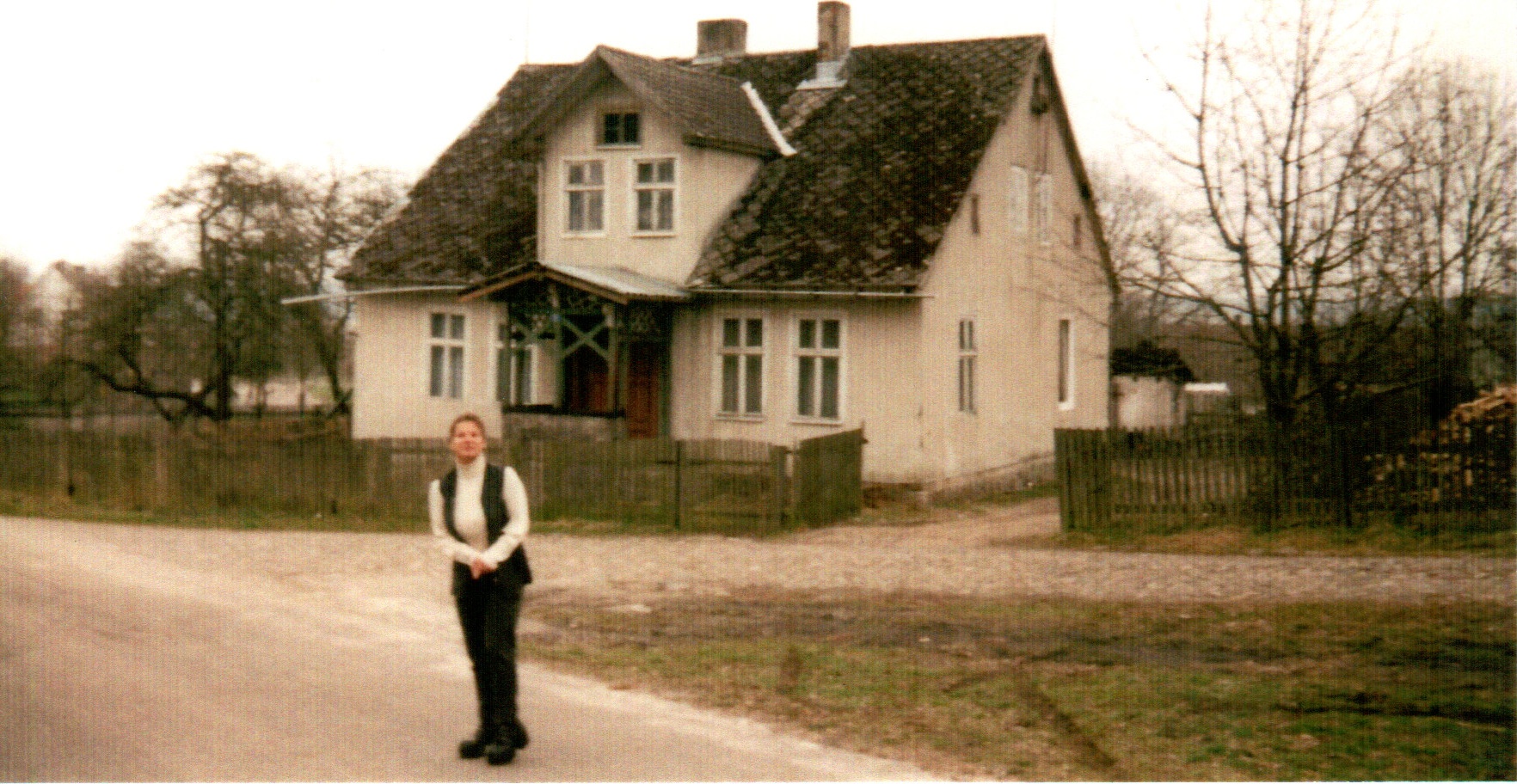 My better half grew up in a tense and hostile world. She had little opportunity to experience parental love and kindness and spent her childhood and youth effectively in limbo just trying to survive until she was in a position to make a successful escape. A harsh life filled with work under duress leaves plenty of time (and need) for dreams of a better world, for example of an aunt in America who might appear at any time – even now as the girl sits counting the frost flowers on the window and trying to drum up the courage to venture out across the frozen garden to the outhouse.
My better half grew up in a tense and hostile world. She had little opportunity to experience parental love and kindness and spent her childhood and youth effectively in limbo just trying to survive until she was in a position to make a successful escape. A harsh life filled with work under duress leaves plenty of time (and need) for dreams of a better world, for example of an aunt in America who might appear at any time – even now as the girl sits counting the frost flowers on the window and trying to drum up the courage to venture out across the frozen garden to the outhouse.
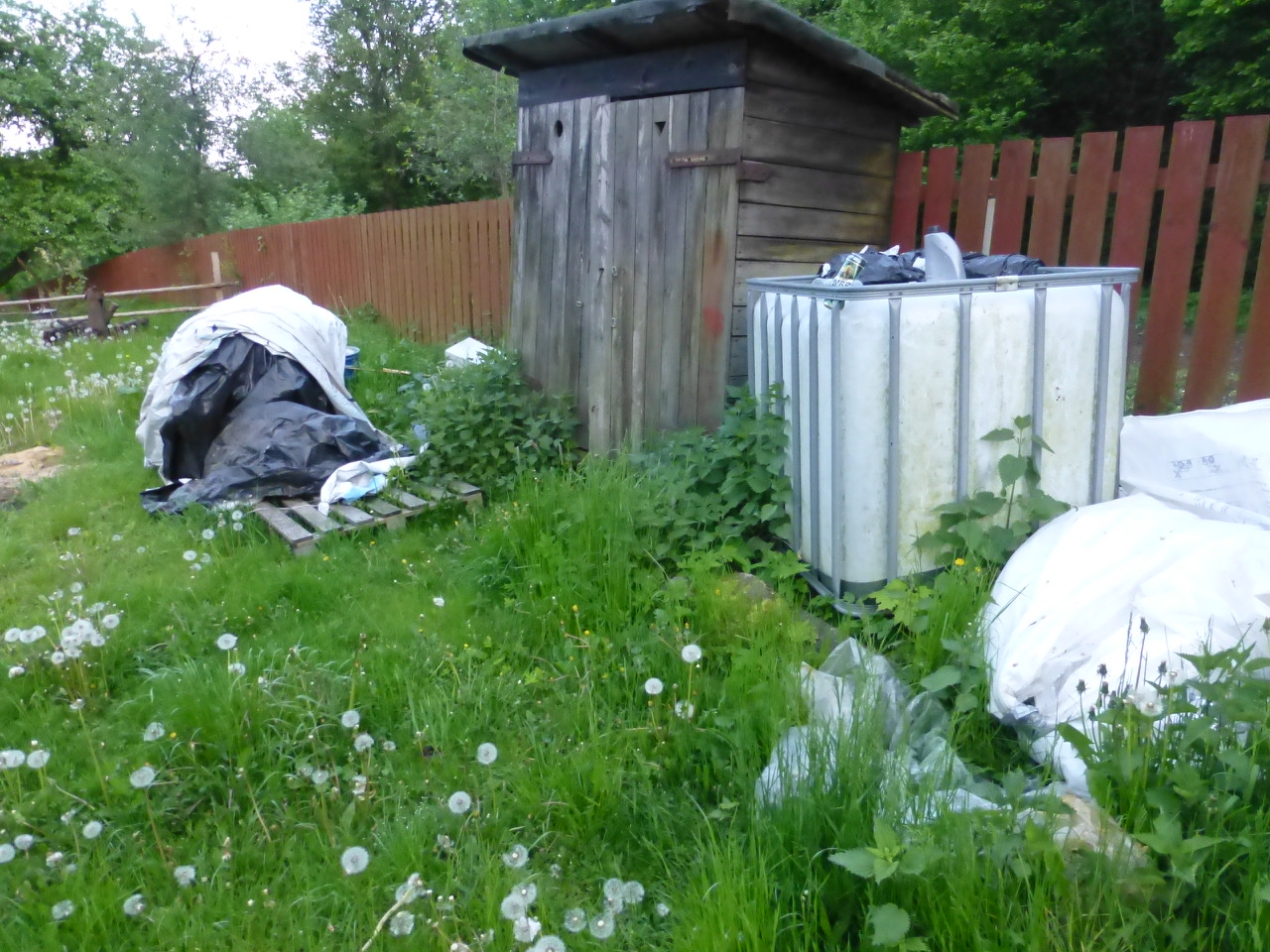 The nights are short when the cows need milking at 4 a.m. and it takes so long to scrub away the smell in the ice-cold metal basin (an essential step to avoid bullying at school) that there’s no time for any more rest after that. A first taste of bananas at the age of twelve, assisting the priest with the collection to get hold of some small change for sweets, a home in which the silent treatment could last for months, in which a lack of suitable footwear meant cold feet were the norm outside the summer months, in which pencils too were in short supply but in which there was always a choice of torture implements – from belt to cane to length of electric cable – at punishment time.
The nights are short when the cows need milking at 4 a.m. and it takes so long to scrub away the smell in the ice-cold metal basin (an essential step to avoid bullying at school) that there’s no time for any more rest after that. A first taste of bananas at the age of twelve, assisting the priest with the collection to get hold of some small change for sweets, a home in which the silent treatment could last for months, in which a lack of suitable footwear meant cold feet were the norm outside the summer months, in which pencils too were in short supply but in which there was always a choice of torture implements – from belt to cane to length of electric cable – at punishment time.
It seems that when parents fail to understand their responsibilities, youthful defiance can provide a means of defence and a way for a child to withstand and survive abuse with her spirit intact until she is able to turn her back on a house that was never a home and quietly walk away with nothing but a (more than) satisfactory set of results from school and a few personal items in a plastic bag. All remaining traces of the girl were eradicated overnight, the past dramatically erased by burning books, clothes, photos, school papers and everything else. All utterly destroyed, as though this soul (daughter, sister) had never existed. All driven by a father who had handed the reins of his life over to alcohol.
The bus to Paris led into the unknown, but neither this nor her lack of money and French-language skills was going to stop a young woman full – at last – of the joy of being alive from making the most of every hint of an opportunity. It was a new start and the first link in the chain of events that would eventually bring us together.
Not only did Marzena dream of the imaginary American aunt, but she also envied Robinson Crusoe, who undoubtedly had things better on his deserted island than she did in her early years, when her greatest wish was for a pair of waterproof boots and an end to cold, wet feet. Various consequences of this trauma are still with us today.
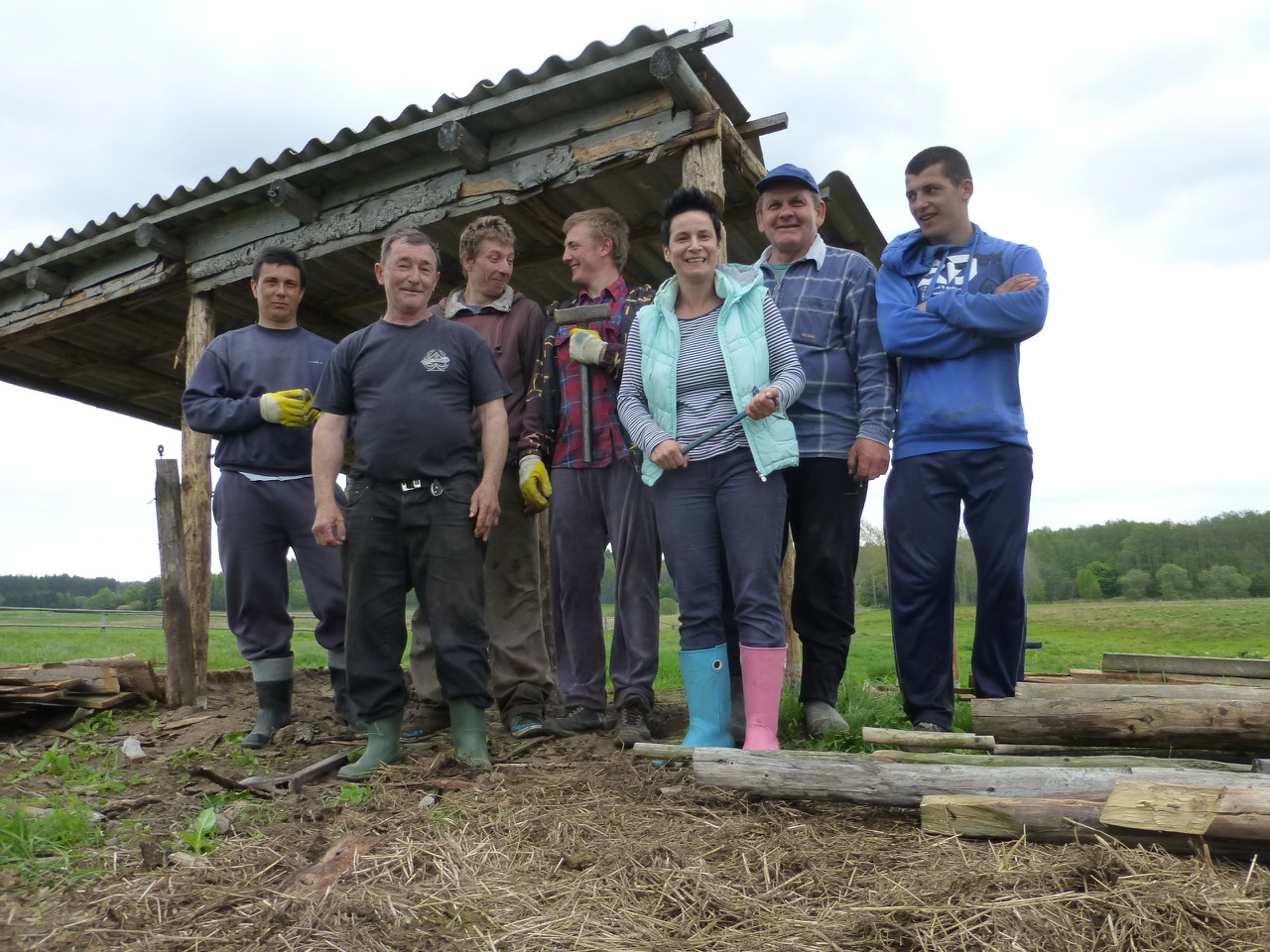 She grew up as a feminine alien in a social environment that was anything but social: nobody else thought (or could afford to think) of anyone but themselves. This life left no scope for friendship either. Friendship means opening up, which is too great a risk to take when bitter enmity might break out at any moment. With such good grounds to be mistrustful, keep her distance and close herself off from other people, it is no wonder the girl ended up an introverted onshore singlehander. Her urgent need to maintain a protective wall between herself and the rest of the world also led her to become an assiduous student of human behaviour.
She grew up as a feminine alien in a social environment that was anything but social: nobody else thought (or could afford to think) of anyone but themselves. This life left no scope for friendship either. Friendship means opening up, which is too great a risk to take when bitter enmity might break out at any moment. With such good grounds to be mistrustful, keep her distance and close herself off from other people, it is no wonder the girl ended up an introverted onshore singlehander. Her urgent need to maintain a protective wall between herself and the rest of the world also led her to become an assiduous student of human behaviour.
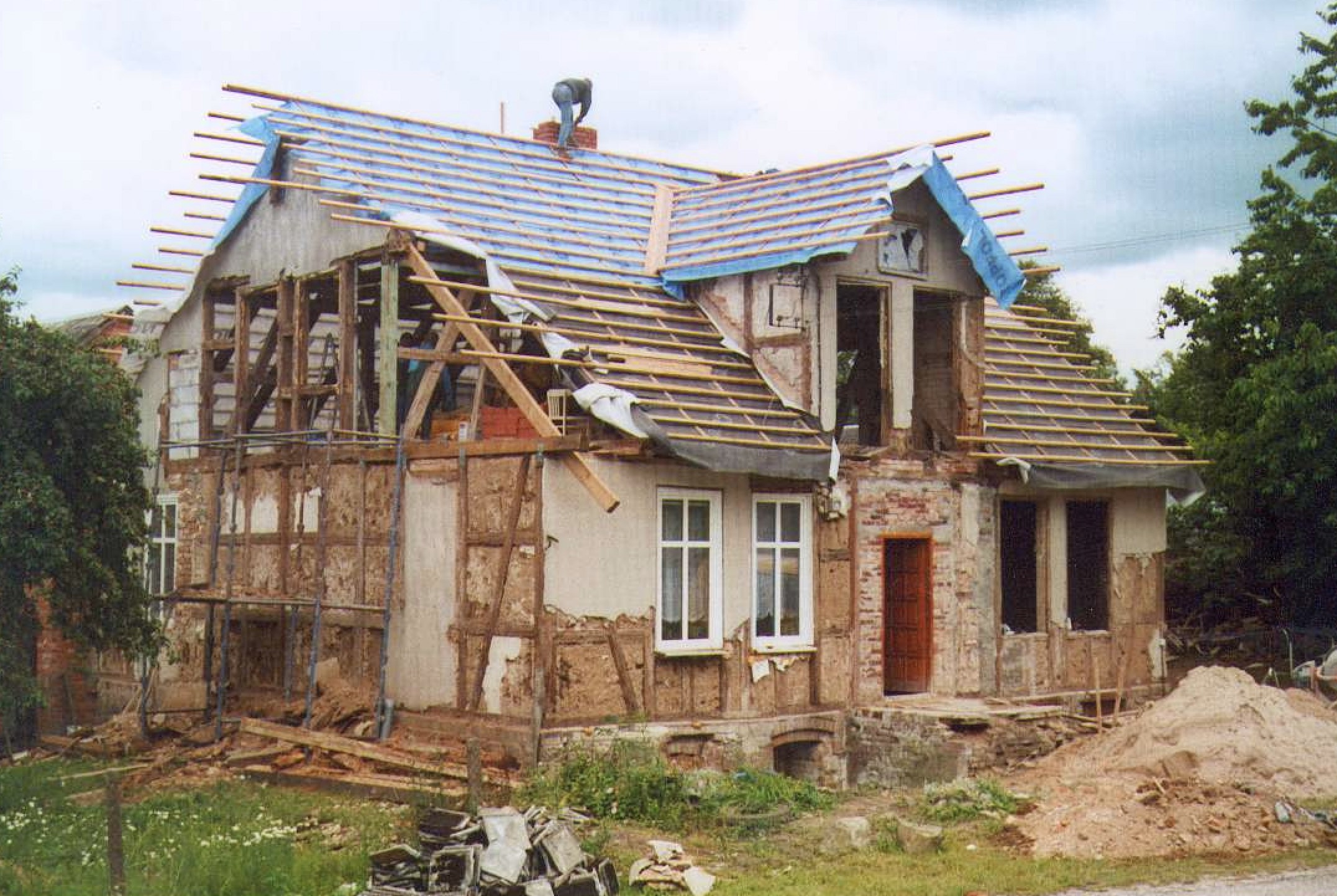 Despite this painful back story, my enchanting better half decided eventually to return to her Polish roots with her new squeeze in tow. The draw of home was apparently irresistible enough to trump the recollections of childhood deprivation and hurt. A home that had never been one subsequently metamorphosed into a place where she did actually feel she belonged, a colourful place full of memories in which almost every passing day brought back another picture or tale from her early years. And I realised in time that I felt a sense of belonging there too.
Despite this painful back story, my enchanting better half decided eventually to return to her Polish roots with her new squeeze in tow. The draw of home was apparently irresistible enough to trump the recollections of childhood deprivation and hurt. A home that had never been one subsequently metamorphosed into a place where she did actually feel she belonged, a colourful place full of memories in which almost every passing day brought back another picture or tale from her early years. And I realised in time that I felt a sense of belonging there too.
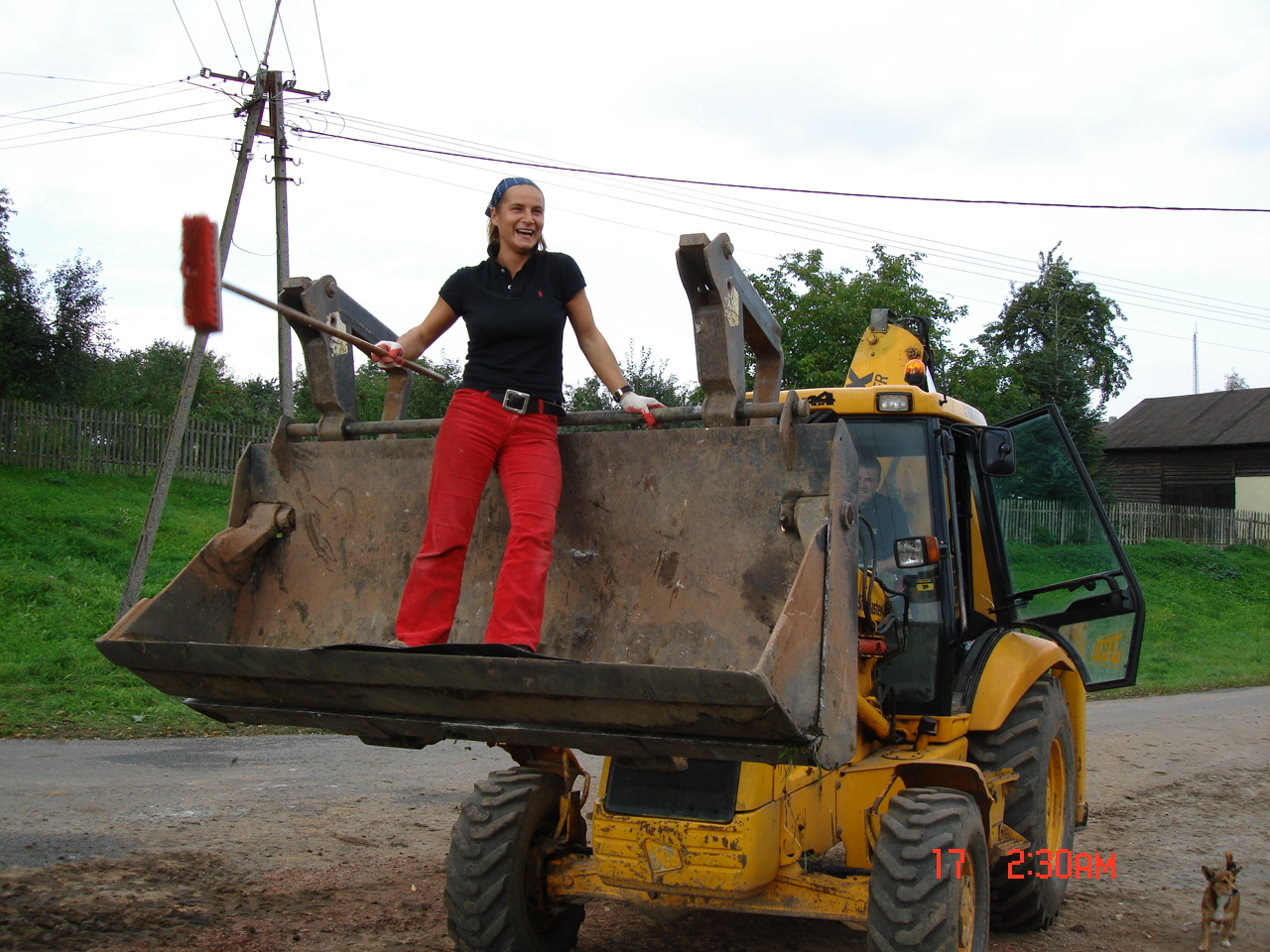 Unlike some in the village, we share a peaceful mixed marriage (town mouse and country mouse) unspiced with conflict. It seems all too common in this part of the world for people to erect physical as well as metaphorical barriers in the family home as younger generations with no other ready options seize their moment in the sun by separating defenceless elders off from the kitchen and bathroom and leaving them to live as outsiders in what was once their own house. Life offers so little on the positive side and so much on the negative that the generations turn on each other, essentially for lack of any other option. It is a tragedy I have observed in many Polish houses.
Unlike some in the village, we share a peaceful mixed marriage (town mouse and country mouse) unspiced with conflict. It seems all too common in this part of the world for people to erect physical as well as metaphorical barriers in the family home as younger generations with no other ready options seize their moment in the sun by separating defenceless elders off from the kitchen and bathroom and leaving them to live as outsiders in what was once their own house. Life offers so little on the positive side and so much on the negative that the generations turn on each other, essentially for lack of any other option. It is a tragedy I have observed in many Polish houses.
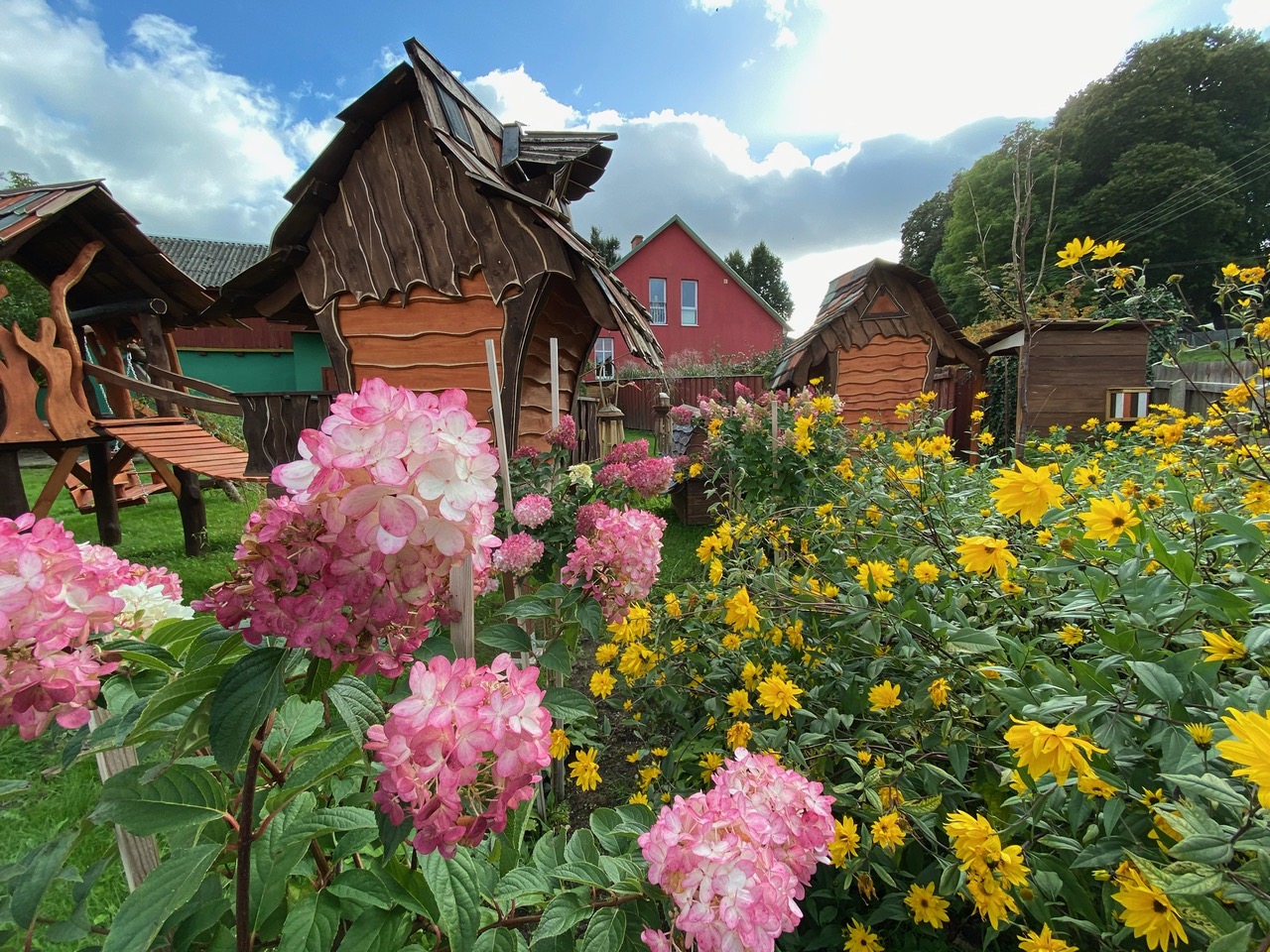 Our apparently harmonious coexistence never ceases to inspire suspicion: “Does your husband really not hit you at all? Surely he must get blind drunk and chain smoke sometimes?” We even have a zero-tolerance policy on things like grabbing each other’s mobile phone and throwing it out of the car window before dumping the other in the woods at night just because the argument of the moment has peaked.
Our apparently harmonious coexistence never ceases to inspire suspicion: “Does your husband really not hit you at all? Surely he must get blind drunk and chain smoke sometimes?” We even have a zero-tolerance policy on things like grabbing each other’s mobile phone and throwing it out of the car window before dumping the other in the woods at night just because the argument of the moment has peaked.
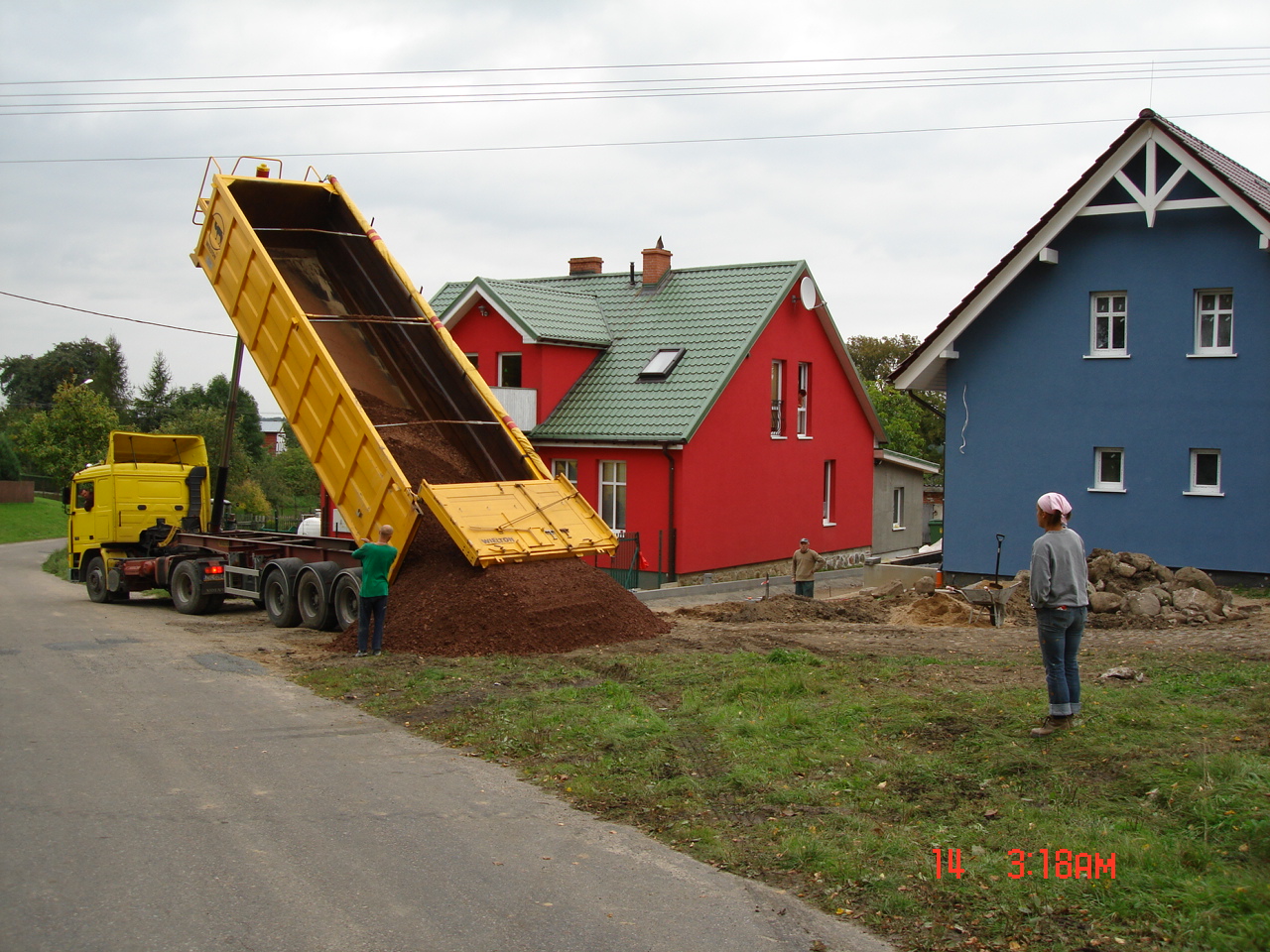 Drastic solutions to life’s problems seem to be surprisingly common in the Polish countryside, which I suspect has to do with the apparent lack of open communication and the way that envy has destroyed the old social structures. Compromise and resilience are concepts from a different world, while empathy stretches no further than the choice of which emoji to let loose on the mindless social networks this time. Photos are the preferred form of self-expression because they can be edited, filtered and curated away from reality. Faces seen online can be almost unrecognisable when encountered in the flesh (which is not necessarily always a bad thing).
Drastic solutions to life’s problems seem to be surprisingly common in the Polish countryside, which I suspect has to do with the apparent lack of open communication and the way that envy has destroyed the old social structures. Compromise and resilience are concepts from a different world, while empathy stretches no further than the choice of which emoji to let loose on the mindless social networks this time. Photos are the preferred form of self-expression because they can be edited, filtered and curated away from reality. Faces seen online can be almost unrecognisable when encountered in the flesh (which is not necessarily always a bad thing).
Once people have made a dramatic decision, they tend to stand by it and to hell with the consequences. They will terminate a friendship permanently if they find it to their advantage. An unpaid phone bill or change of address might easily be reason enough, as might the chance to avoid paying for a welcome sack of potatoes. The merest sniff of even a short-term gain can apparently be enough. Overall I find the picture bleak: countless children grow up in this unforgiving environment, striving to cultivate their own dreams in the thinnest of soil and in many cases, sadder still, in the face of discouragement or open hostility from their own family. All of those careworn, beaten-down faces around the village would have burned with hope and curiosity once; it takes a very strong person indeed to reach independence here with that lust for life still aflame.
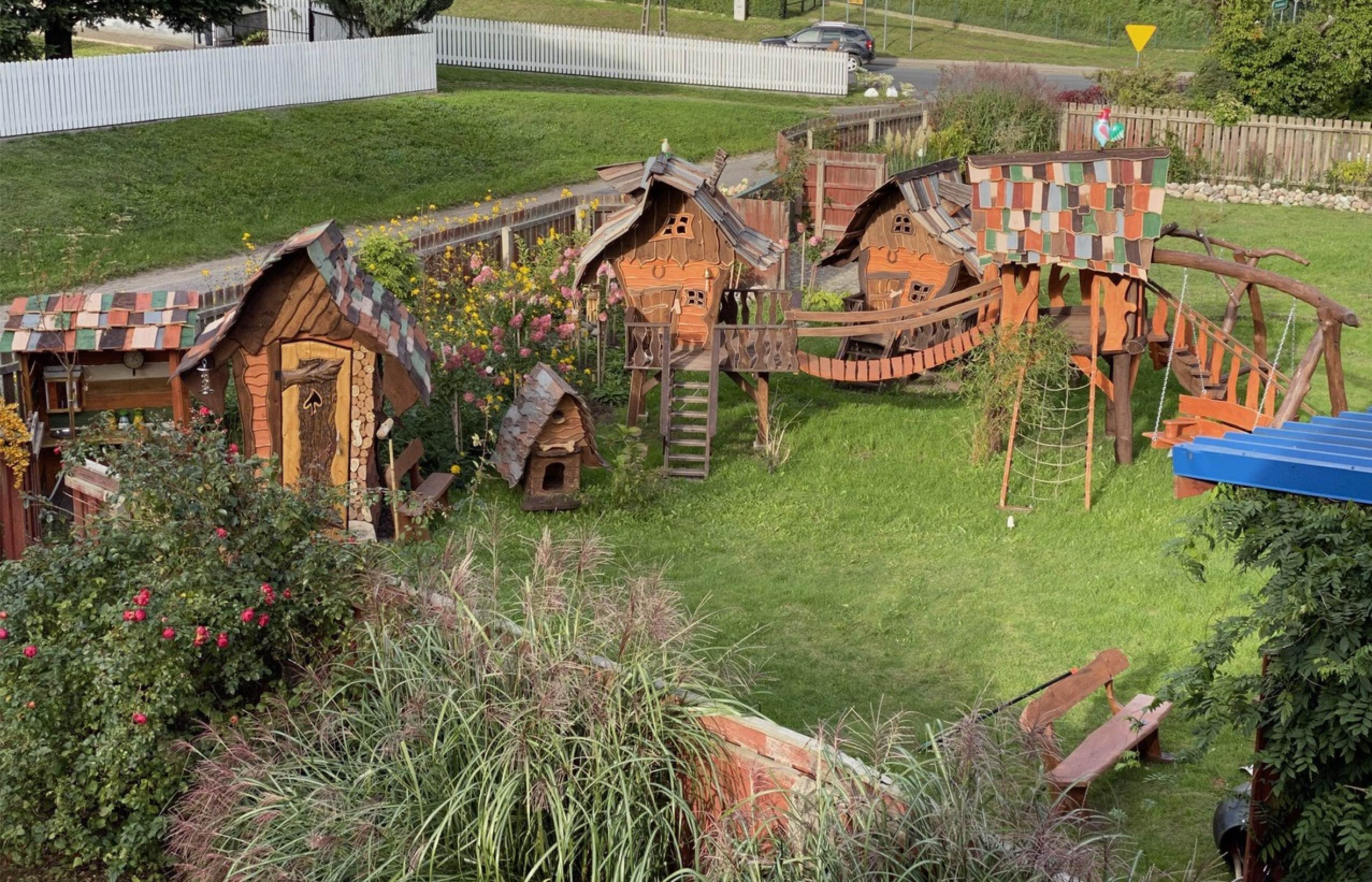 We have ended up playing a unique role in the village, as we are reminded every time we switch on the lights and give notice of our arrival. Whenever we are there, the house is full of guests, the fridge empties out almost as fast as we can fill it, gifts and other contributions are distributed and fun reigns. We are all too familiar with people’s concealed wishes and needs and love to help if we can – if there is room in the car (and the low-loaders heading home after discharging cargo in Cuxhaven are always an option when there are larger items such as furniture to shift). Where there’s a will there’s a way – and we can be very creative at finding ways.
We have ended up playing a unique role in the village, as we are reminded every time we switch on the lights and give notice of our arrival. Whenever we are there, the house is full of guests, the fridge empties out almost as fast as we can fill it, gifts and other contributions are distributed and fun reigns. We are all too familiar with people’s concealed wishes and needs and love to help if we can – if there is room in the car (and the low-loaders heading home after discharging cargo in Cuxhaven are always an option when there are larger items such as furniture to shift). Where there’s a will there’s a way – and we can be very creative at finding ways.
Have we in effect become the fictional aunt from America? In many ways probably yes! The car is usually as empty on the way home as it is crammed full on the journey East. All we usually have to take back with us to Hamburg is our dirty laundry, unless our dear friend Franek has treated us to another of his charming wooden sculptures (we enjoy them so much that we can always, always find room for one more).
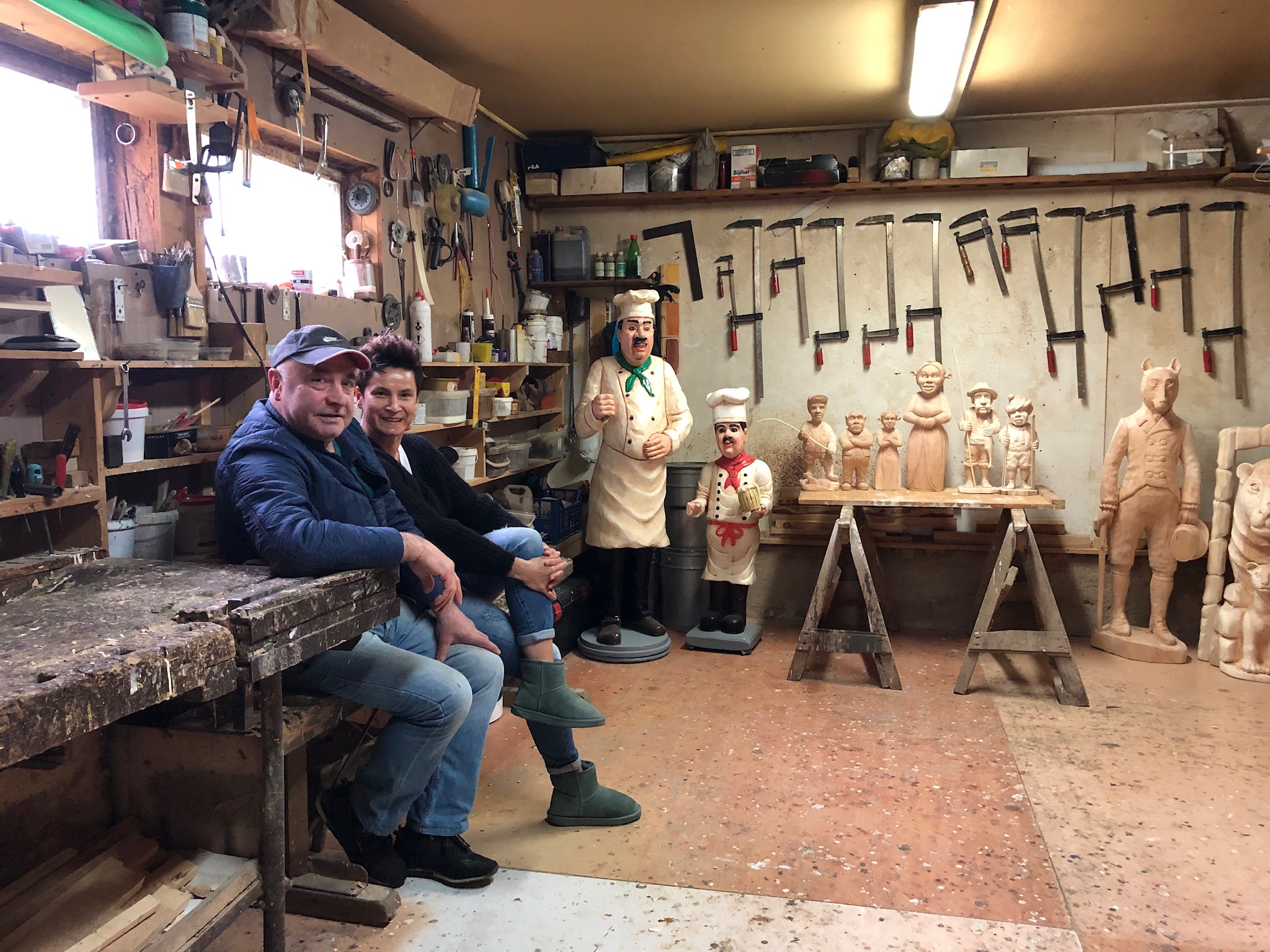 For people predisposed to altruism and philanthropy, personal life experiences can inspire a special understanding for those who struggle to keep their head above water in unforgiving social environments or find themselves ground down by the hopelessness and injustice of their life. We concern ourselves most with the young and the old, to whom our hearts are always open. The resilience imparted by her own unpleasant life experiences in her home village has turned my wife into a shining example in Poland. People are drawn to her so strongly – it is fascinating to see how they come to her and the effect she creates.
For people predisposed to altruism and philanthropy, personal life experiences can inspire a special understanding for those who struggle to keep their head above water in unforgiving social environments or find themselves ground down by the hopelessness and injustice of their life. We concern ourselves most with the young and the old, to whom our hearts are always open. The resilience imparted by her own unpleasant life experiences in her home village has turned my wife into a shining example in Poland. People are drawn to her so strongly – it is fascinating to see how they come to her and the effect she creates.
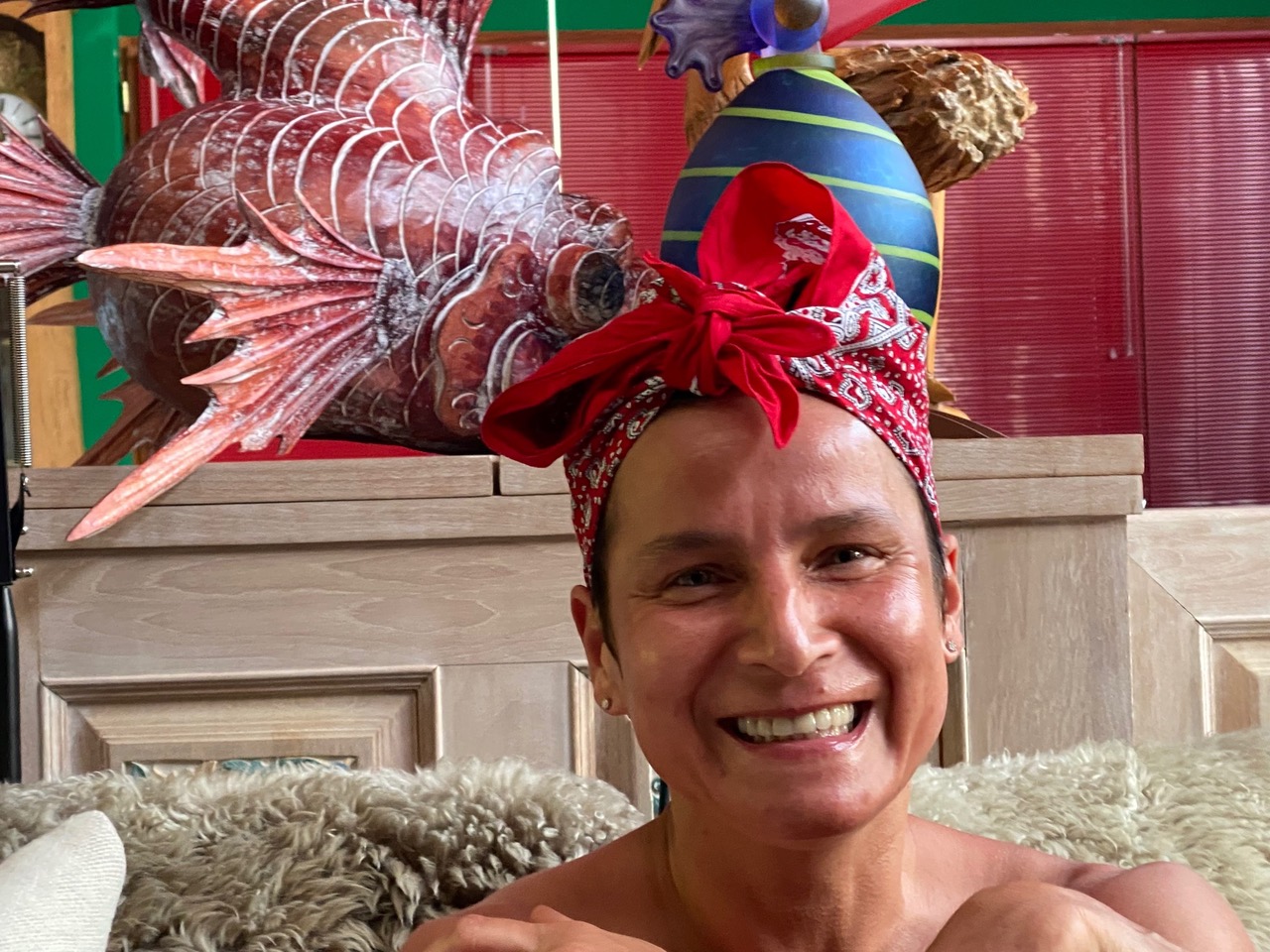 Obtaining clearance to publish these lines tested my negotiating skills to the utmost, for Marzena, my wife, takes the view that this is just normal, what anyone would do in her position and not in any way noteworthy. I have managed to persuade her to let you be the judge of that.
Obtaining clearance to publish these lines tested my negotiating skills to the utmost, for Marzena, my wife, takes the view that this is just normal, what anyone would do in her position and not in any way noteworthy. I have managed to persuade her to let you be the judge of that.
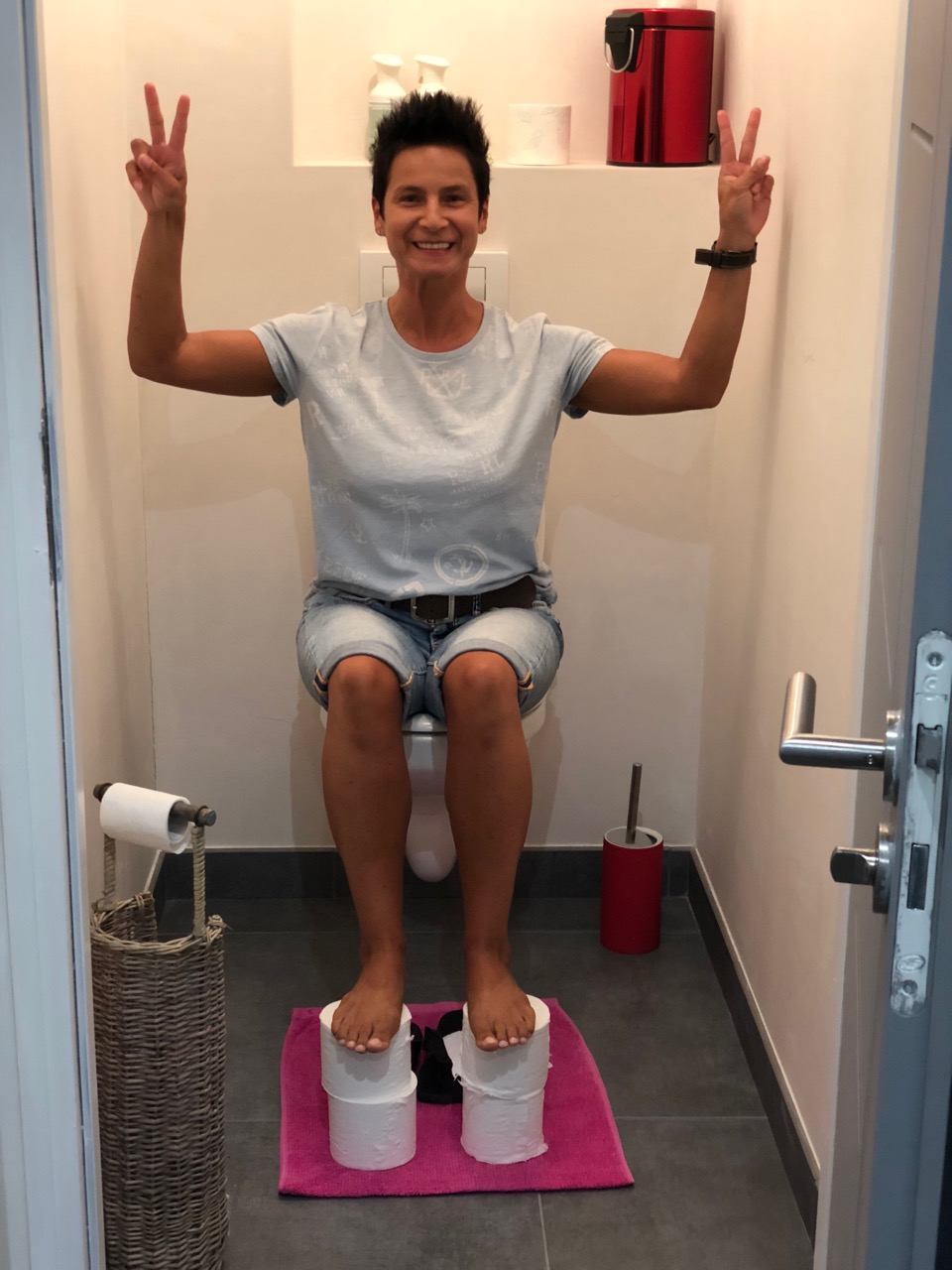 Our house, our rules. Formative experiences:
Our house, our rules. Formative experiences:
– Males who sit on the toilet rather than leaving their mark on anything in the general vicinity of the bowl. This seems to be a silent instrument of degradation in some cultures.
– Children who turn their nose up at Polish water in favour of the “German table water” (which is San Pellegrino from Italy).
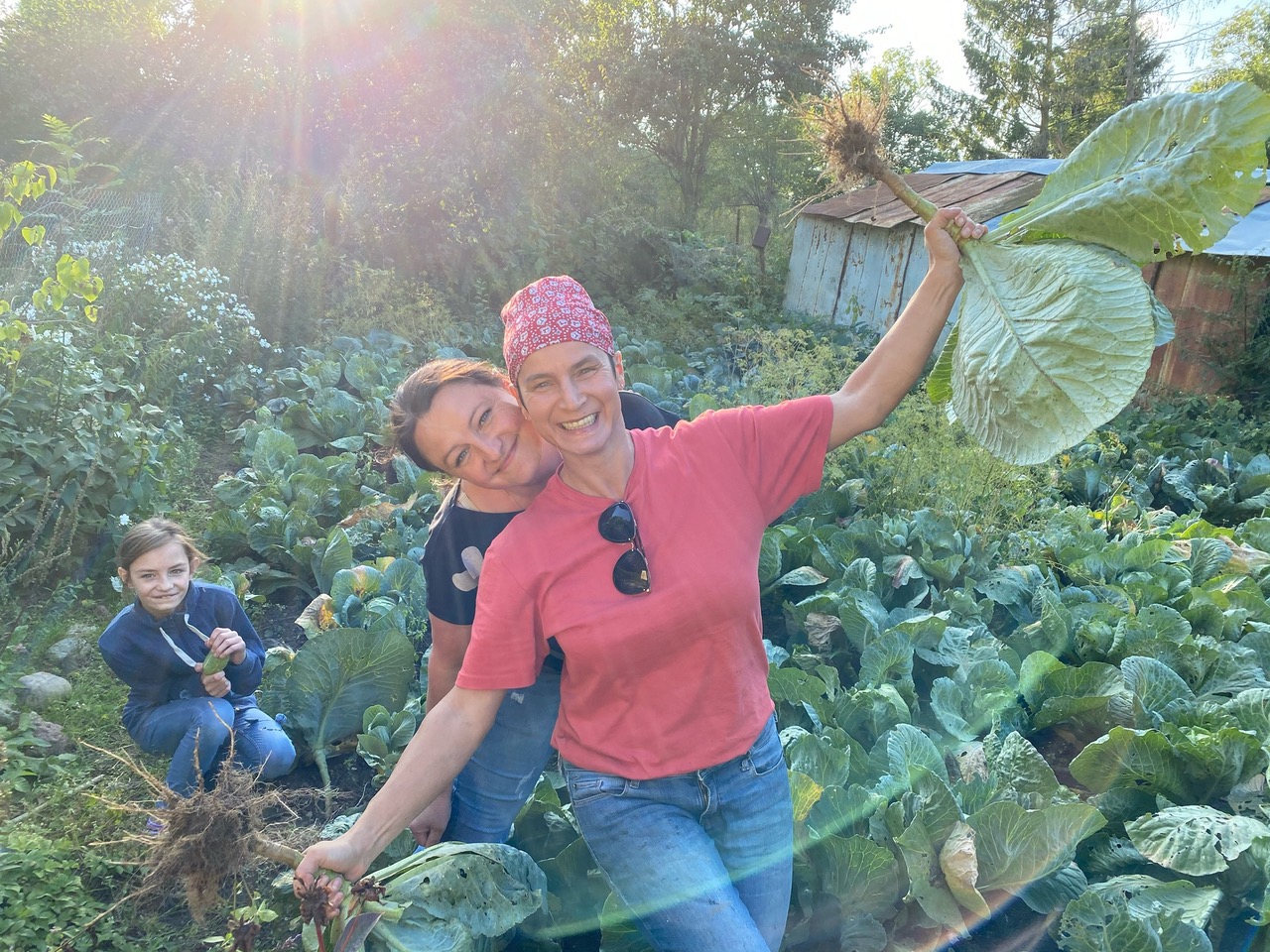 The children dressed up by their parents for Halloween Hollywood-style is quite a sight. Kids pour in from surrounding villages too to share in the magic – or the terror (Hansel and Gretel anyone?). The village fills with stories, photos are captured and shared, tall tales are told. The next morning attention shifts to the cemetery, where, the car washed and polished and driven with authority to the gates, families put on the show of unity and harmony required when honouring the ancestors on All Saints’ Day.
The children dressed up by their parents for Halloween Hollywood-style is quite a sight. Kids pour in from surrounding villages too to share in the magic – or the terror (Hansel and Gretel anyone?). The village fills with stories, photos are captured and shared, tall tales are told. The next morning attention shifts to the cemetery, where, the car washed and polished and driven with authority to the gates, families put on the show of unity and harmony required when honouring the ancestors on All Saints’ Day.
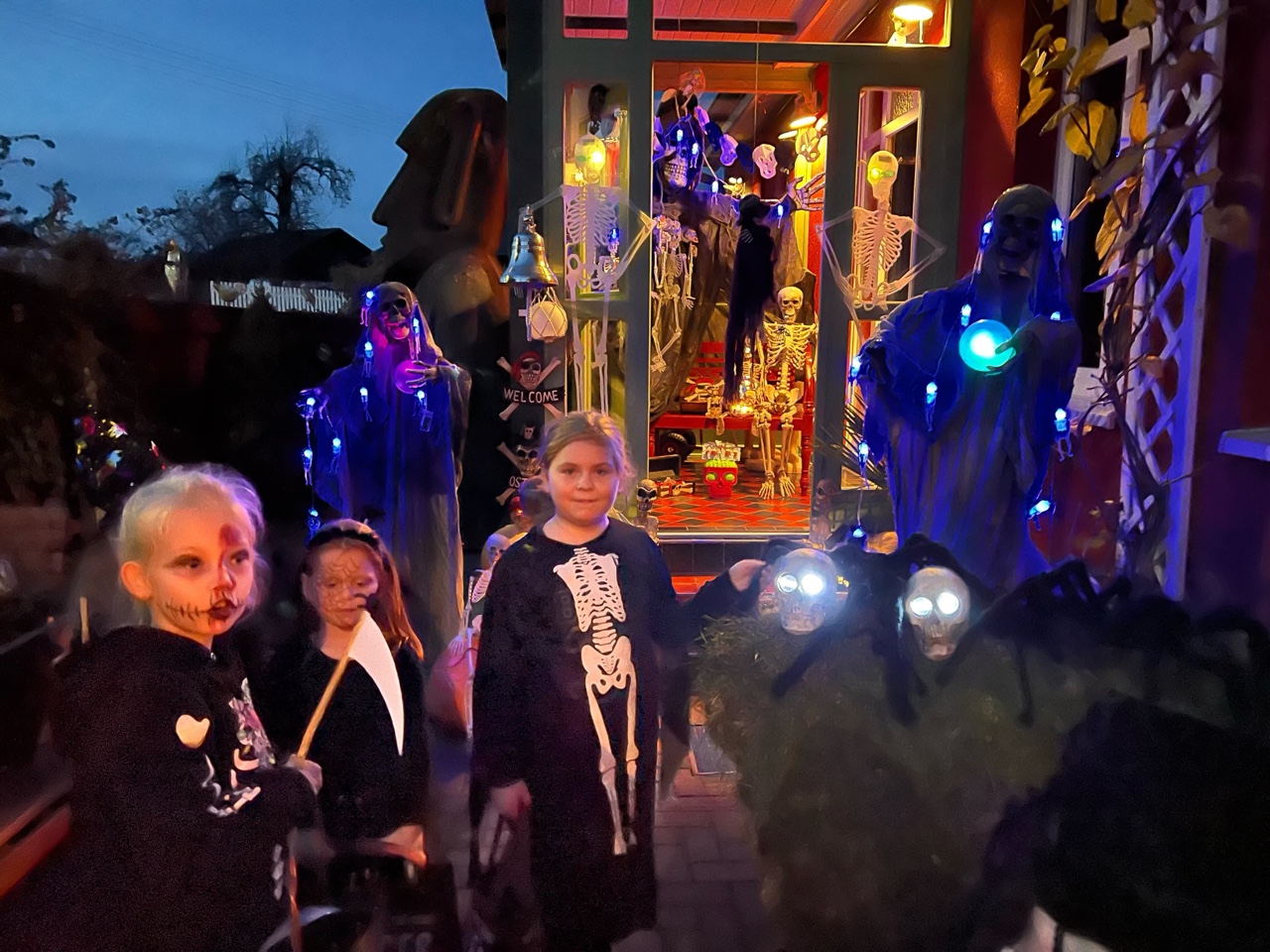
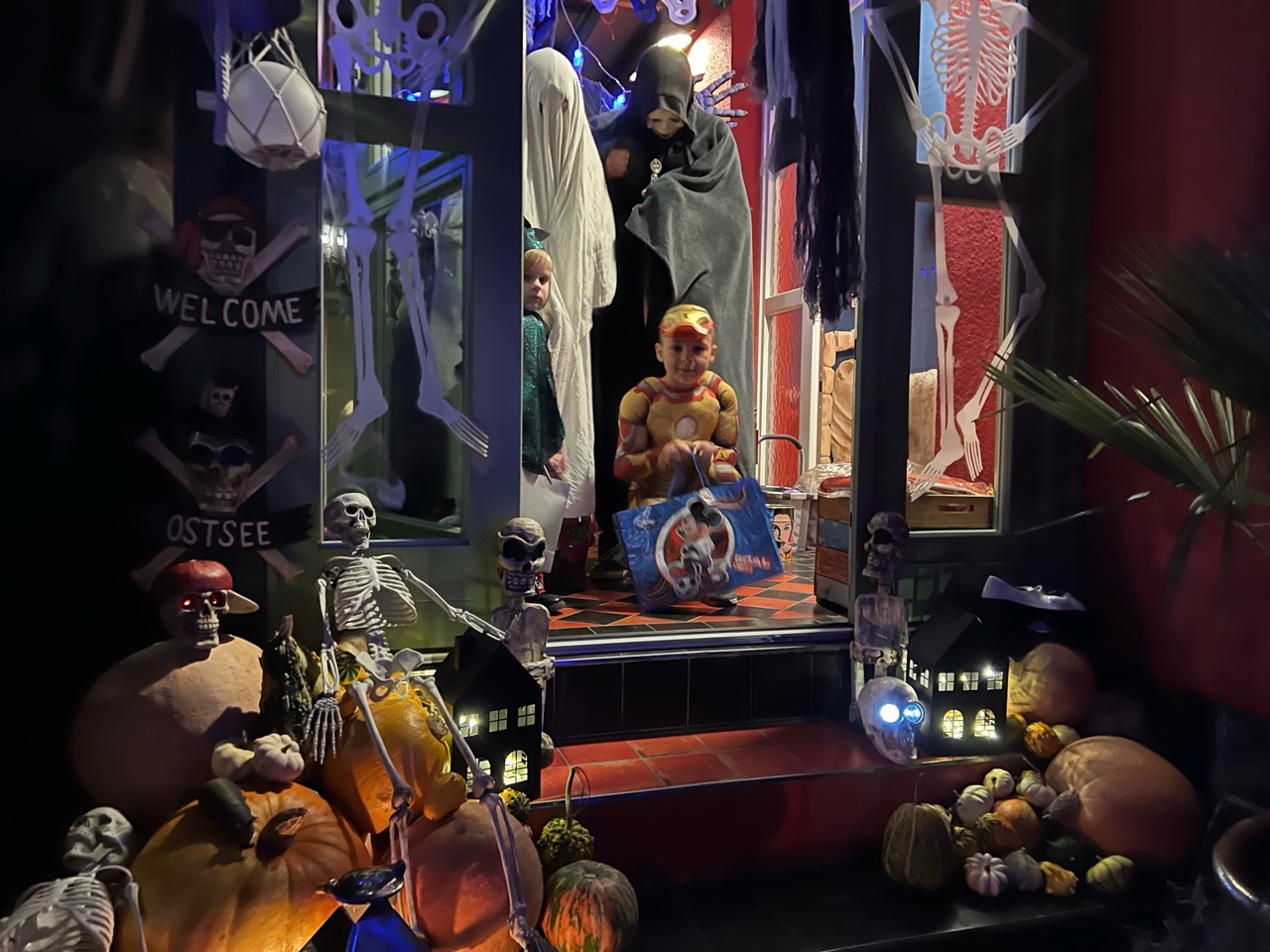
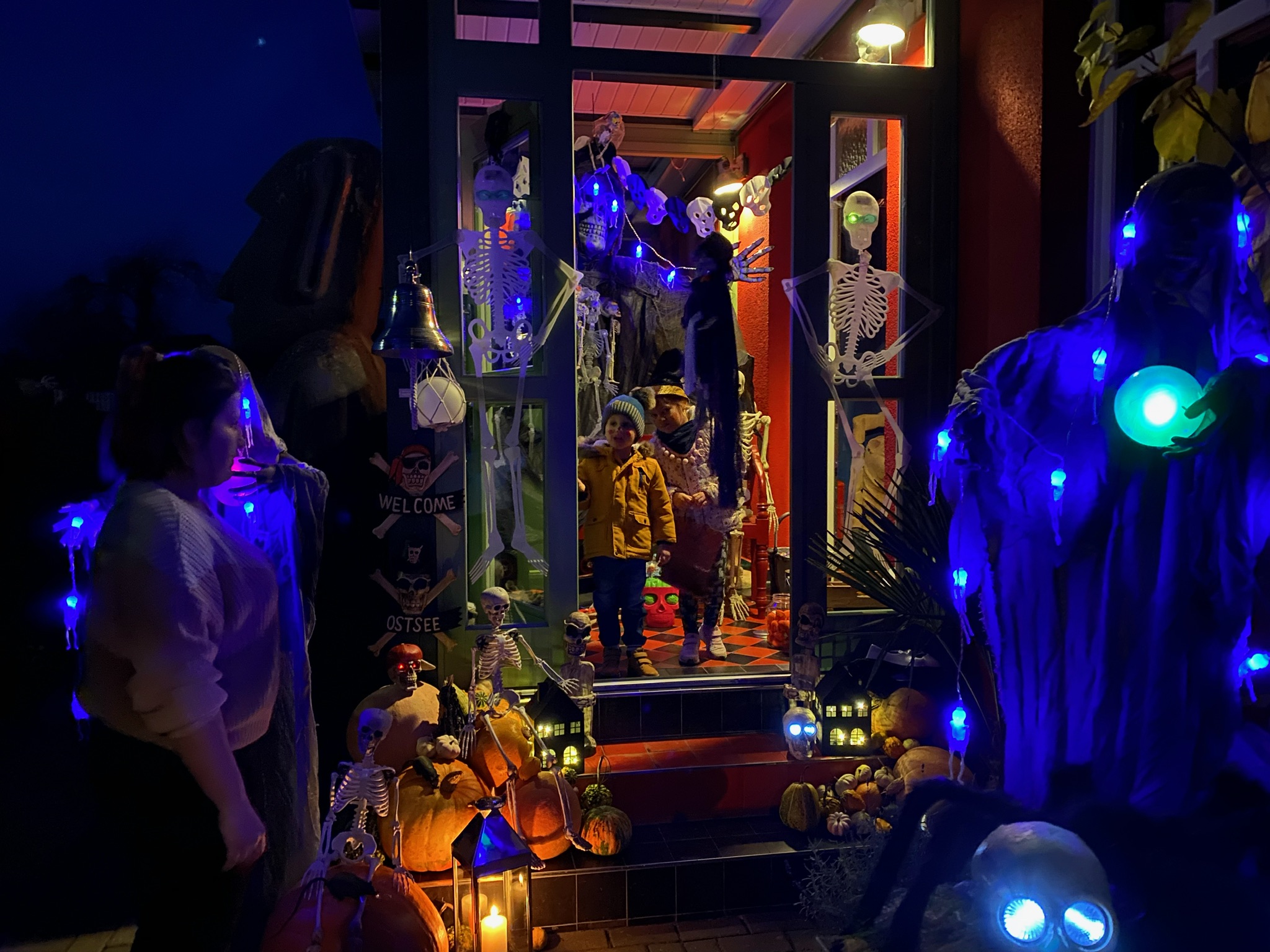
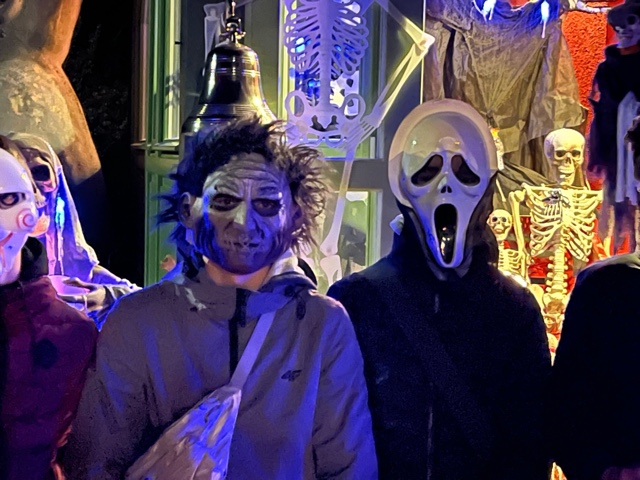 – Everyone is mad about potatoes, so every year we haul great sacks of tubers to the East, where they are planted, left to multiply and then eaten with pleasure. Twins Magda and Marcin, aged 11, told us they planted their potatoes individually in their parents’ flower beds to hide the bounty from their light-fingered grandmother.
– Everyone is mad about potatoes, so every year we haul great sacks of tubers to the East, where they are planted, left to multiply and then eaten with pleasure. Twins Magda and Marcin, aged 11, told us they planted their potatoes individually in their parents’ flower beds to hide the bounty from their light-fingered grandmother.
– Sweets: the village children run themselves ragged every Halloween to make sure they gather all the sweet treats they can hold.
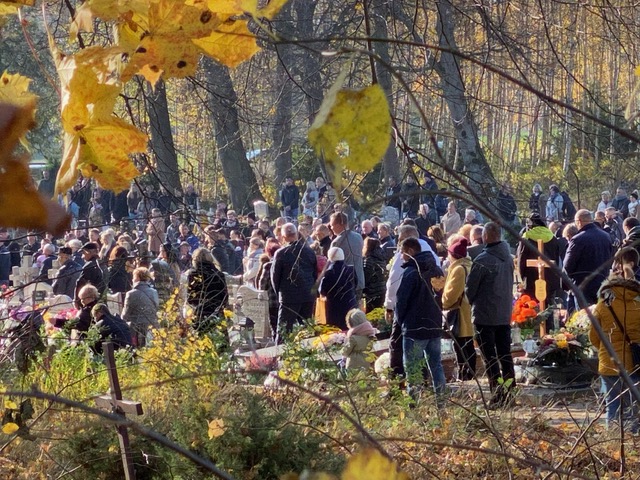
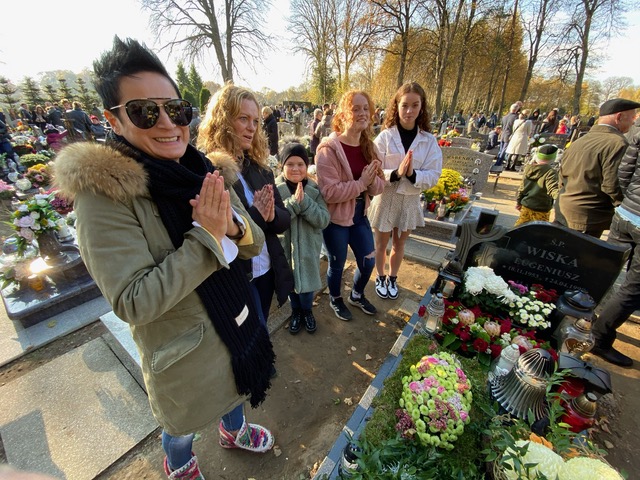 Our active involvement in village life ensures that even when we are out of sight in Germany, we are not entirely out of mind. These sojourns in the village have also helped both of us to become better at distinguishing friends from enemies, with remarkable results for an old Hamburg hound who for decades misguidedly assumed every friendly face spoke of friendly intentions but has now learned to think a little more carefully about trusting his first impressions. Ill-intentioned folk masquerading as kindred spirits still darken our door from time to time but they soon hang themselves given enough rope.
Our active involvement in village life ensures that even when we are out of sight in Germany, we are not entirely out of mind. These sojourns in the village have also helped both of us to become better at distinguishing friends from enemies, with remarkable results for an old Hamburg hound who for decades misguidedly assumed every friendly face spoke of friendly intentions but has now learned to think a little more carefully about trusting his first impressions. Ill-intentioned folk masquerading as kindred spirits still darken our door from time to time but they soon hang themselves given enough rope.
Not only can the old dog learn new tricks, but in this instance having more years under the paws actually seems to help. Who’d have thought?
27.11.2021
Peter Foerthmann
